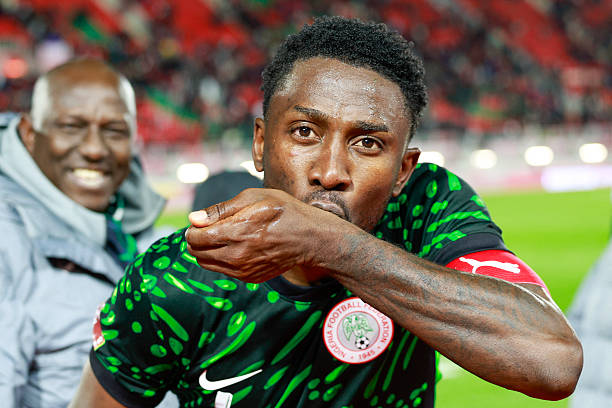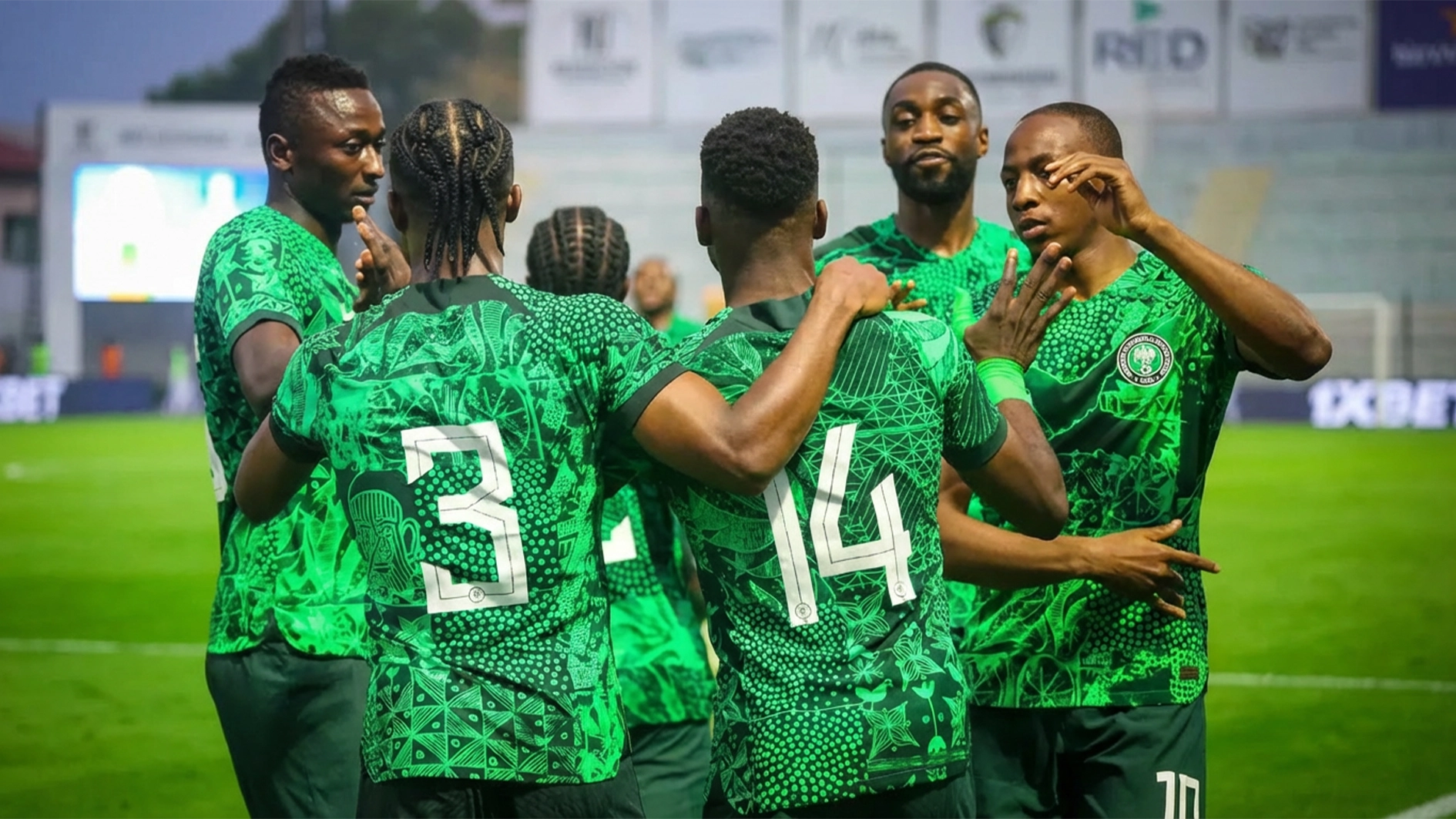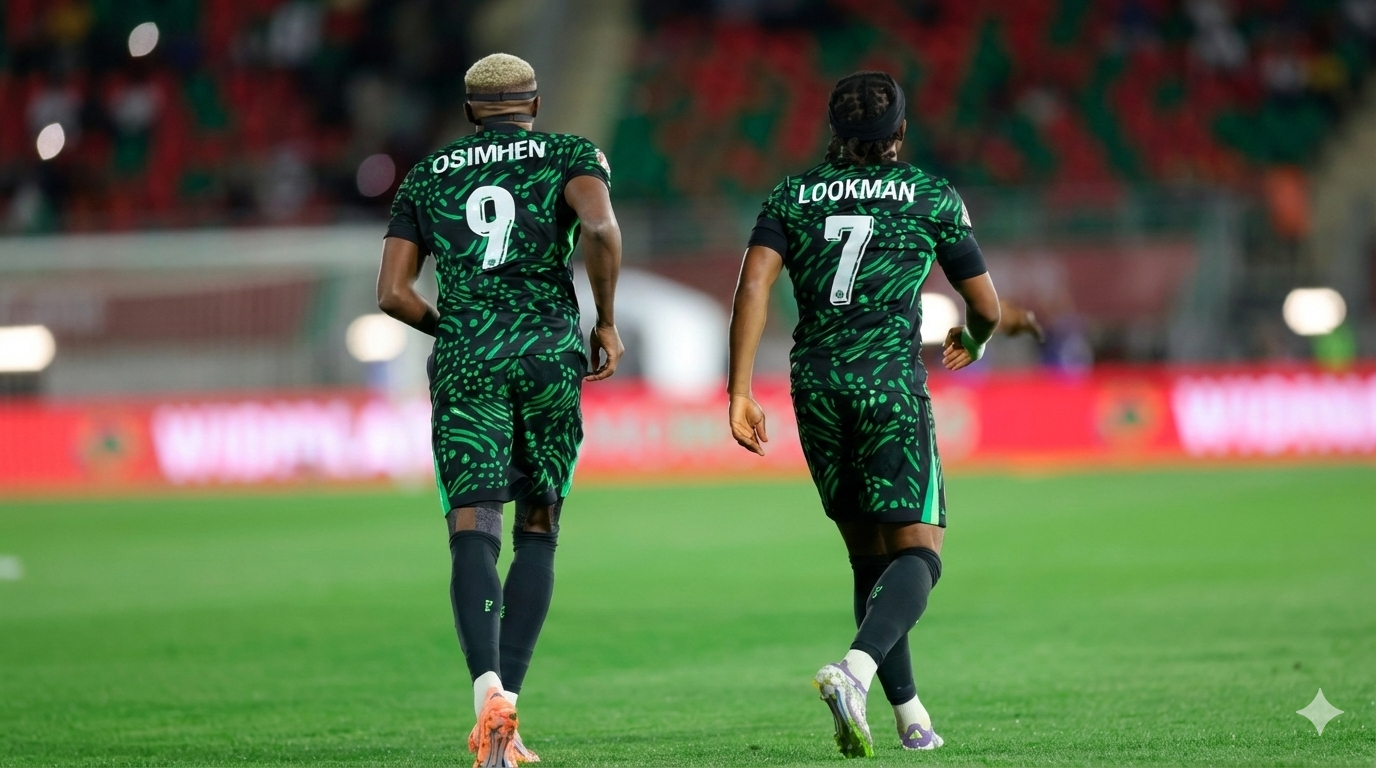Coach Abdulrahman Gbadamosi of Sebioba Football Club, Ibadan, has advocated for the increased integration of technology in Nigerian sports to enhance athlete performance and training quality.
Speaking with the News Agency of Nigeria (NAN) on Friday in Lagos, Gbadamosi underscored the importance of embracing innovation in order to remain globally competitive.
He explained that technology could revolutionise the way athletes train by providing real-time feedback and data-driven insights that help refine technique and reduce performance errors.
“Modern training tools can monitor progress, evaluate form, and highlight areas needing improvement. This enables coaches to design more targeted and efficient training routines,” he said.
Gbadamosi emphasised that technology is no longer a luxury but a necessity if Nigerian athletes are to compete effectively with their international counterparts.
He noted that in many developed countries, sports teams have adopted advanced systems to track player metrics and support strategic decision-making during games.
“Technology is now integral to success in sports. From fitness tracking to tactical analysis, it helps teams perform better and achieve consistent results,” he said.
According to him, digital tools such as video playback, motion sensors, and virtual simulations are widely used to study movements and improve precision in sports performance.
He identified GPS tracking, video analysis, Goal Line Technology (GLT), and performance analytics as critical examples already transforming training and competition in other countries.
“These tools assist coaches in evaluating fitness levels, workload, and positioning. With such data, we can prevent injuries and enhance overall team performance,” he explained.
Gbadamosi said that Nigerian coaches and athletes must move beyond traditional methods and embrace modern solutions that enhance speed, agility, endurance, and tactical awareness.
He also pointed out the importance of data interpretation in improving athlete outcomes, noting that many elite teams now rely on sports scientists and analysts.
“Our players must understand their performance data to make better decisions. This includes rest cycles, dietary plans, and customised drills,” he said.
The coach urged sports administrators and private investors to fund the acquisition of high-tech equipment and training platforms for athletes at all levels.
He maintained that grassroots teams, academies, and national squads all stand to benefit immensely from the application of such innovative technologies.
“To compete at international tournaments, we must adopt a systems-based approach, supported by technology. This ensures both short-term success and long-term development,” Gbadamosi said.
He advised government agencies, corporate sponsors, and sports federations to collaborate in equipping facilities and training coaches in technological application.
Gbadamosi concluded by saying that Nigeria’s sports sector will only thrive if it adapts to global trends and leverages digital transformation to boost athlete performance.






